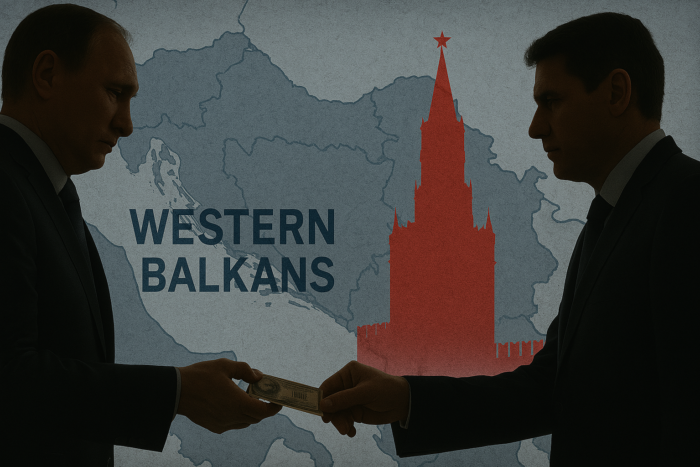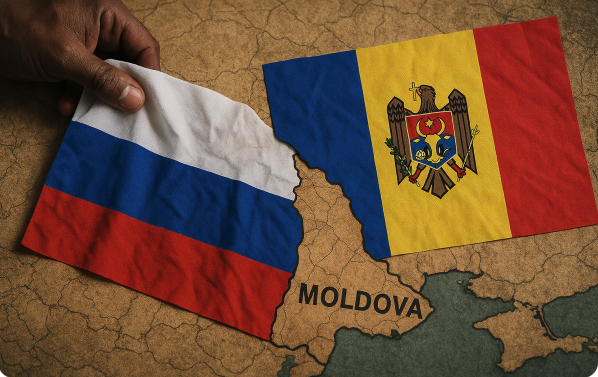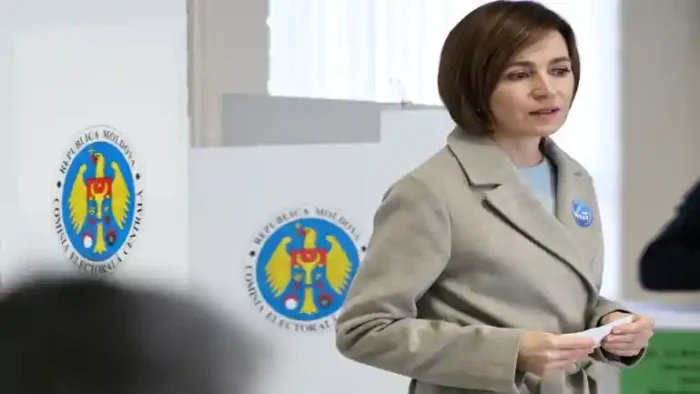Russian interference in Moldova’s democratic processes represents a significant escalation in the Kremlin’s campaign to undermine European integration in former Soviet states. On 04 April 2025, TVP World reported that the UK government imposed sanctions targeting a Russian-backed operation that attempted to buy votes against Moldova’s EU membership. The article begins:
The U.K. has imposed sanctions on a network of pro-Russian operatives it claims was responsible for an attempt to rig a referendum on Moldova joining the European Union. British officials said that a non-profit Russian group called Evrazia, acting on behalf of fugitive oligarch Ilan Shor, had paid around $15 million in bribes to 130,000 people to encourage a ‘no’ vote in the poll last October. Voters eventually backed the ‘yes’ camp by a wafer-thin margin, with the European Union accusing Russia of “unprecedented interference” in the former Soviet country, which is sensitively located between Ukraine and EU member state Romania…
Key Points
- British officials have sanctioned the organization Evrazia along with three women linked to Shor’s network, imposing travel bans and asset freezes.
- The bribes allegedly ranged from $50 monthly for “supporters” to over $2,500 monthly for “leaders” of the anti-EU campaign.
- Despite extensive interference efforts, Moldova’s referendum on EU membership narrowly passed in favor of the “yes” camp.
- Officials suspect similar interference occurred in Moldova’s concurrent presidential elections held alongside the referendum.
Russian Interference in Moldova: Elections, Destabilization, and EU Challenges
Recent reports from Global Influence Operations Review (GIOR) highlight escalating Russian interference in Moldova, focusing on destabilization and electoral manipulation. Moldovan Prime Minister Dorin Recean accused Russian agents of spending €200 million on vote-buying campaigns to influence the 2024 presidential election and EU membership referendum (source), with the UK imposing sanctions on the pro-Russian Evrazia network linked to fugitive oligarch Ilan Shor for bribery schemes aimed at swaying the referendum (source). Despite these efforts, Moldova’s pro-EU agenda prevailed, with President Maia Sandu re-elected and the EU referendum narrowly passing (source). Concurrently, Russian intelligence operations allegedly targeted the autonomous region of Gagauzia, aiming to provoke separatist tensions and undermine Moldova’s government (source). These developments align with broader Kremlin strategies to destabilize Eastern European democracies and counter EU integration efforts. Moldova’s upcoming parliamentary elections in late 2025 are expected to be a critical test for its European trajectory amidst ongoing external threats.
Disclaimer GIOR utilizes AI to generate summaries of news items, including the introduction and the key points that follow. Any text following the key points is context added by GIOR editors. Please verify all information before using. Images are also AI-generated and are for illustrative purposes only—they are meant to represent the events or individuals concerned but should not be understood as “real-world” photography.












